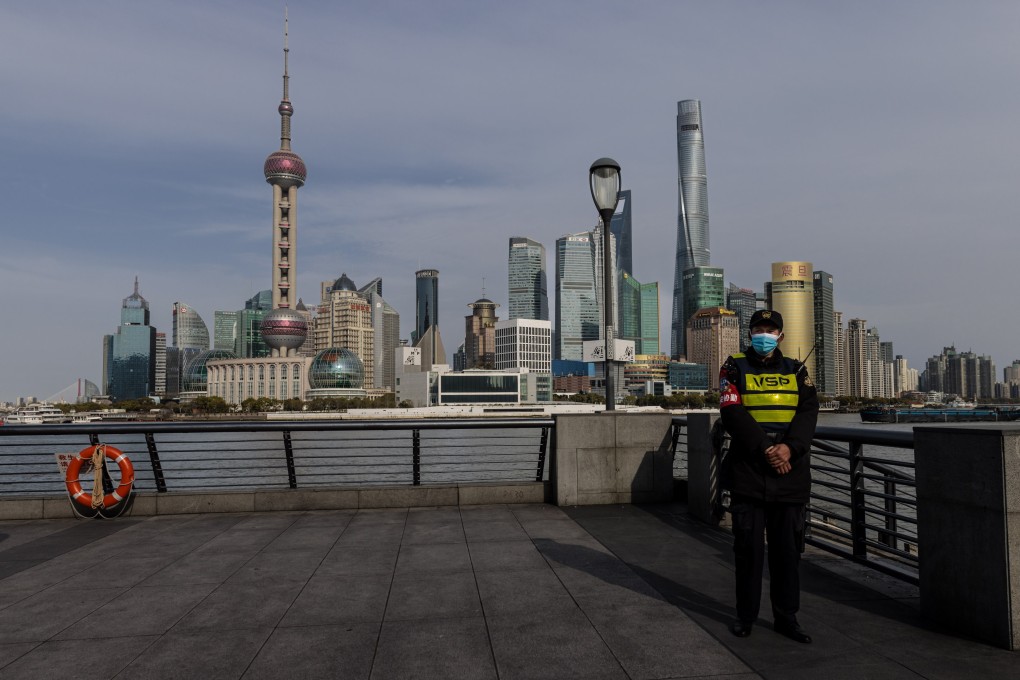Shanghai’s worst Covid-19 outbreak puts spotlight on local delivery services as lifeline in locked-down financial hub
- Shanghai has seen a surge in usage of on-demand local services apps like Meituan and Ele.me as the city goes under a two-stage lockdown
- Both Meituan and Ele.me have committed to increase fresh food supplies in Shanghai as residents encounter panic buying at supermarkets and groceries

“I need to wait at least 15 minutes for an order to be ready for delivery, sometimes it can even extend to more than one hour,” said Wang, as he waited outside a local pharmacy for an order to be delivered. “While people are buying more, there are only a few stores open. So we have to wait if the staff inside a store can’t get the orders ready in time.”
“The delivery is much easier now,” he said, pointing to an empty street inside a residential area in Huangpu district – the seat of Shanghai’s municipal government and the most central part of the eastern city’s 16 districts. Instead of making door-to-door deliveries, couriers primarily put the orders in a designated spot at a community’s gateway, as part of efforts to contain the Covid-19 outbreak.
